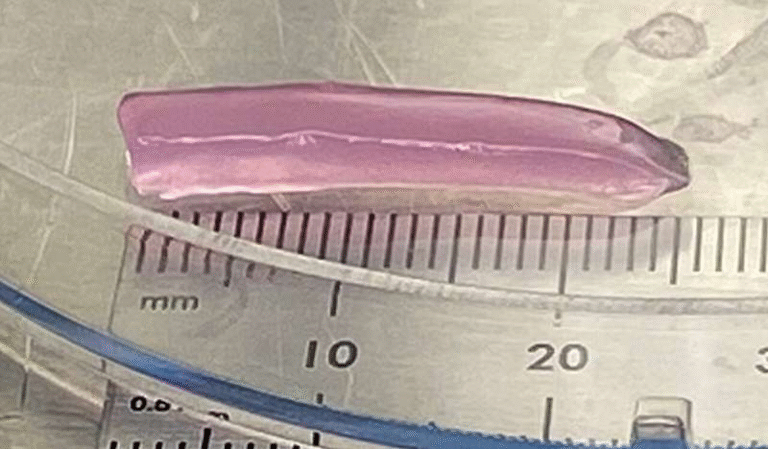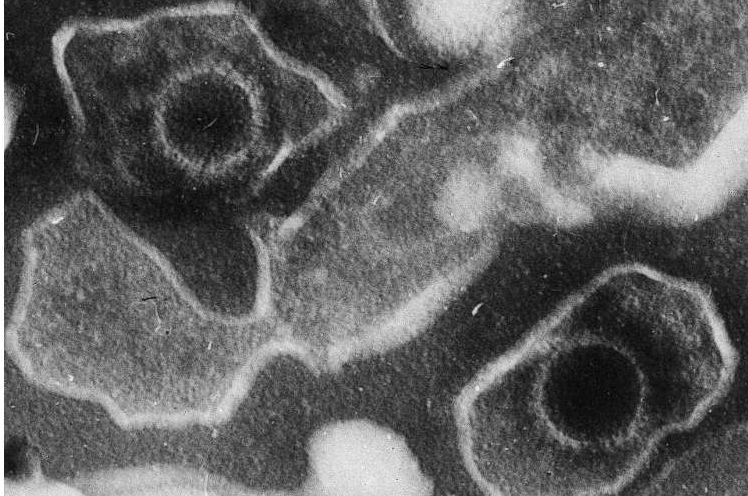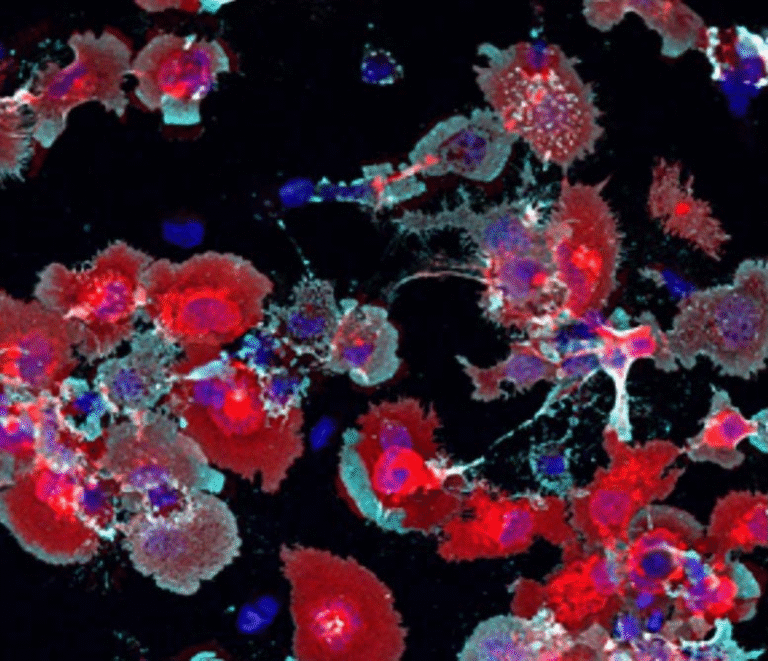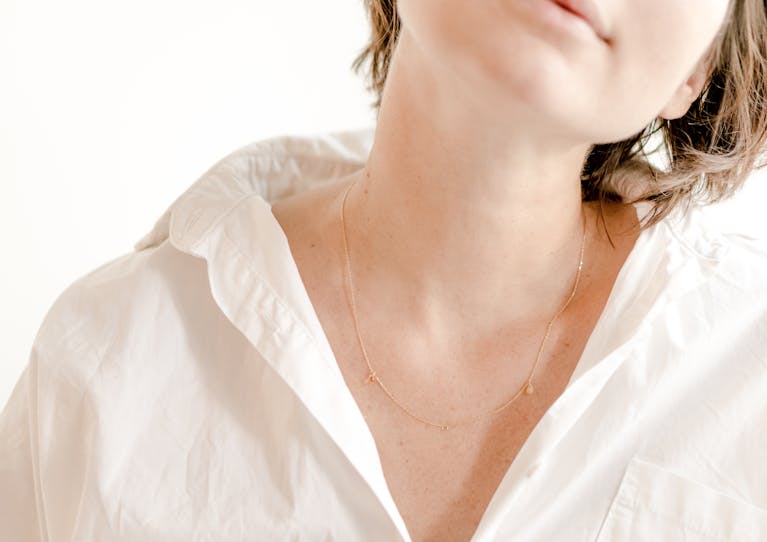Scientists Create Edible “Fat Sponges” from Green Tea and Seaweed

When it comes to weight loss, the options we hear about most often—like surgery or prescription drugs—can sound pretty intimidating. They may work, but they also come with serious risks and uncomfortable side effects. Now, researchers are exploring something that feels more approachable and, dare I say, even a little exciting: tiny edible microbeads made from green tea and seaweed that can trap fat before your body absorbs it.
Why This Matters
Obesity is one of the world’s biggest health challenges, often leading to long-term conditions such as diabetes and heart disease. While weight gain depends on a mix of genes, lifestyle, and diet, one major culprit is eating too much fat. A high-fat diet, according to the U.S. Department of Agriculture, means more than 35% of your daily calories come from fat instead of protein or carbs.
Some existing treatments aim to block fat absorption, but they can be harsh. The drug orlistat, for instance, prevents enzymes from breaking down fats. It’s effective but can also damage the liver and kidneys in some patients. Surgery, while powerful, is invasive and not an option for everyone. That’s why scientists have been searching for a solution that’s both gentle and effective—and these new plant-based microbeads might be the breakthrough.
How the Microbeads Work
The science behind these beads is surprisingly elegant. They’re built from green tea polyphenols and vitamin E, which form natural chemical bonds. These bonds act like little hooks, latching onto fat droplets in the gut. To keep the beads safe from stomach acid, researchers wrapped them in a coating made from seaweed. Once swallowed, the coating expands in the stomach’s acidic environment, letting the polyphenols and vitamin E get to work binding with partially digested fats in the intestines.
Here’s the fascinating part: the beads are almost flavorless. That means they could easily be mixed into foods or drinks without changing taste—imagine having them as boba pearls in bubble tea or blended into a dessert.
Early Results in Animals
Before trying this in humans, the team tested the microbeads on rats. The results were pretty striking. Rats on a high-fat diet that also consumed the beads:
- Lost 17% of their body weight in just 30 days.
- Showed less liver damage and reduced body fat compared to rats on the same diet without the beads.
- Passed more fat through their feces without any noticeable health issues.
Even more promising? Unlike rats treated with orlistat, the microbead group didn’t suffer from unpleasant digestive side effects.
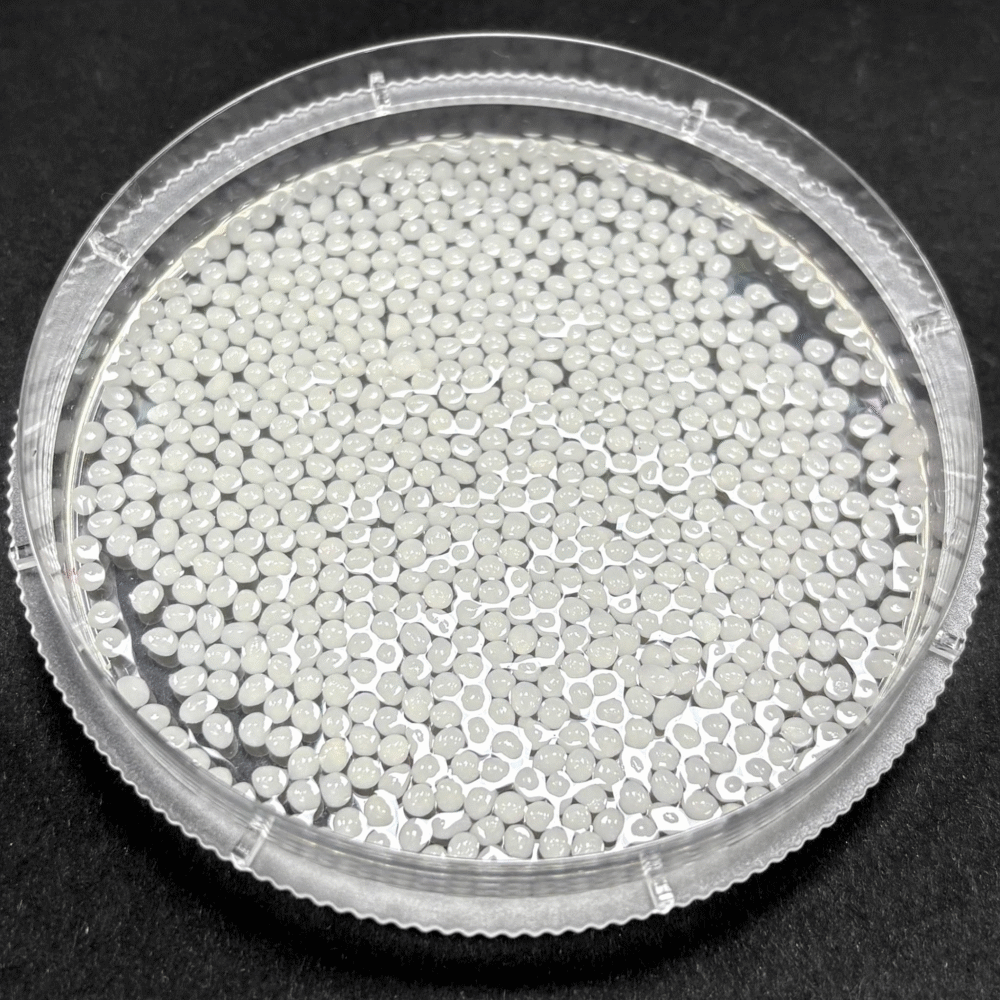
Moving Toward Human Trials
The research team, led by Yue Wu at Sichuan University, has already teamed up with a biotech company to start producing these beads on a larger scale. Since all the ingredients are FDA-approved and food grade, scaling up manufacturing should be straightforward.
And here’s the exciting part: they’ve already begun a human clinical trial at West China Hospital. So far, 26 participants are enrolled, and we could see preliminary results within the next year. If the findings are even half as positive as the animal studies, this could be a game-changing addition to the world of weight management.
A Gentle Alternative on the Horizon
What makes this research so appealing is its simplicity. Instead of trying to change how people live or eat overnight—or putting them through risky procedures—the beads could work alongside everyday habits. It’s not a silver bullet (no single treatment ever is), but it could be a friendlier, safer option for people struggling with weight-related health issues.
For now, the microbeads are still in the testing phase, but it’s hard not to be curious. Will we one day see “fat sponge” toppings in our smoothies or bubble teas? It sounds almost too fun to be true—but science may just make it possible.
Source: The research was funded by
- The Tianfu Emei Program of Sichuan Province
- The Ministry of Education Key Laboratory of Leather Chemistry and Engineering
- The National Excellent Young Scientists Fund
- The Postdoctoral Funding of Sichuan University
- The Talents Program of Sichuan Province
- The State Key Laboratory of Polymer Materials Engineering
- The National Natural Science Foundation of China
- The Postdoctoral Special Funding of Sichuan Province
- The Double First-Class University Plan of Sichuan University
- The National Key R&D Program of China
- The National Engineering Research Center of Clean Technology in Leather Industry
